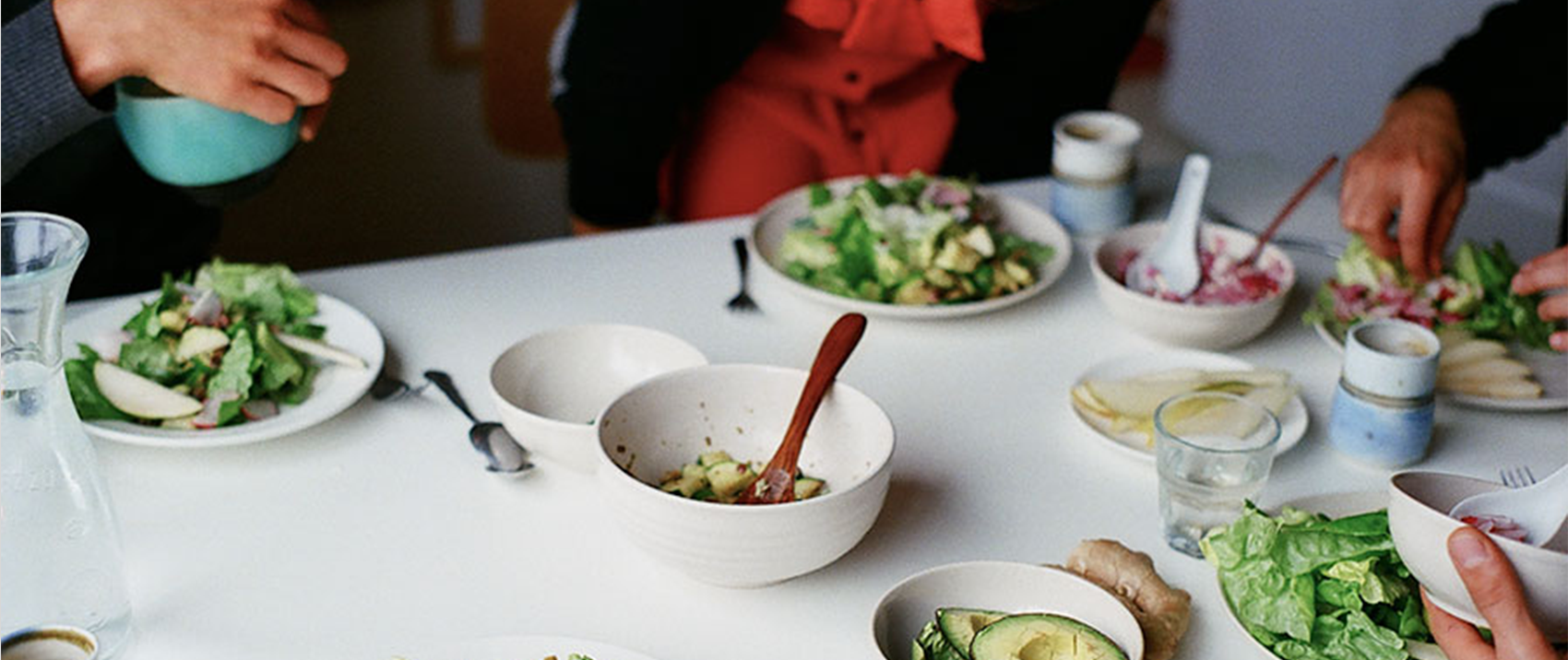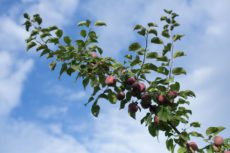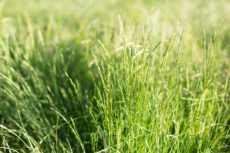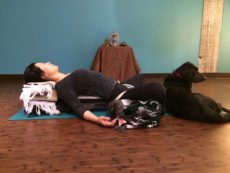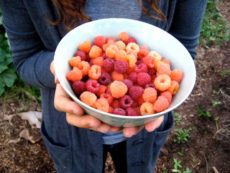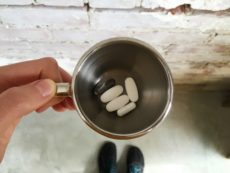When you saw the title of this post, you might have thought, “Well that sure covers a lot of ground.” Yes, it does! Everyone on the Autoimmune Protocol knows to avoid dietary gluten. Hopefully you also know to check supplements ...
In the autoimmune community, we see a lot of focus on gut inflammation and systemic inflammation. This stands to reason, since inflammation drives the autoimmune “fire”, leading to destruction of bodily tissue and a myriad of miserable symptoms. Minimizing inflammation ...
Within the autoimmune community, I’ve heard many people talk about a decreased ability to recover from exercise. “I can’t do my workout like I used to,” “I take twice as long to recover,” “I’ve had to stop running.” It’s frustrating ...
Do you love to exercise, or want to love it? Maybe you wish you could exercise, but your autoimmune symptoms won’t let you… Most people know that exercise is a fundamental part of a healthy lifestyle. The benefits of regular ...
So you have an autoimmune condition. It’s likely that your journey to wellness will traverse a variety of experiences on the spectrum between negative and positive, challenging and uplifting. Our road to recovery is rarely linear; this week it’s a ...
For most people, eating when traveling is simple; just hit the nearest market, or venture out for some local cuisine. With the Autoimmune Protocol and other specialized diets, we have to be mindful of what we eat, and don’t have ...
Frequently we hear about the benefits of yoga for stress relief. But why does yoga have such a reputation? Although yoga practitioners have known for thousands of years that the practice gives deep health benefits, more recently the science world ...
One cornerstone of the Autoimmune Protocol (AIP) is determining which foods cause adverse reactions, whether they’re in the digestive system, joints, skin, or other organs. Each of us can pinpoint at least one food — typically more — that leaves ...
If you live with autoimmunity, it’s likely you’ve chosen a specialized diet free of substances such as gluten, grains, nightshades, and more. This change can be a big lifestyle adjustment: there’s the emotional component of giving up favorite foods; learning ...

